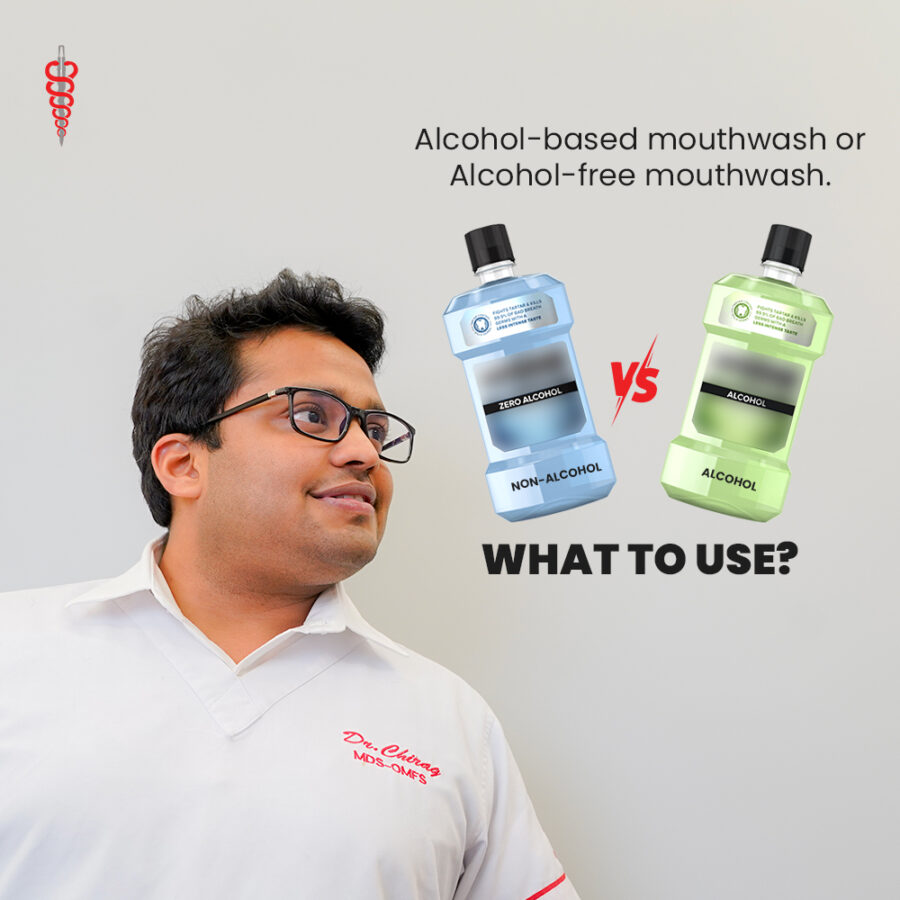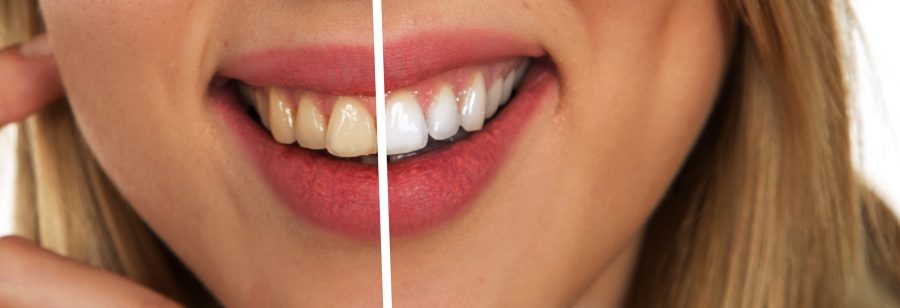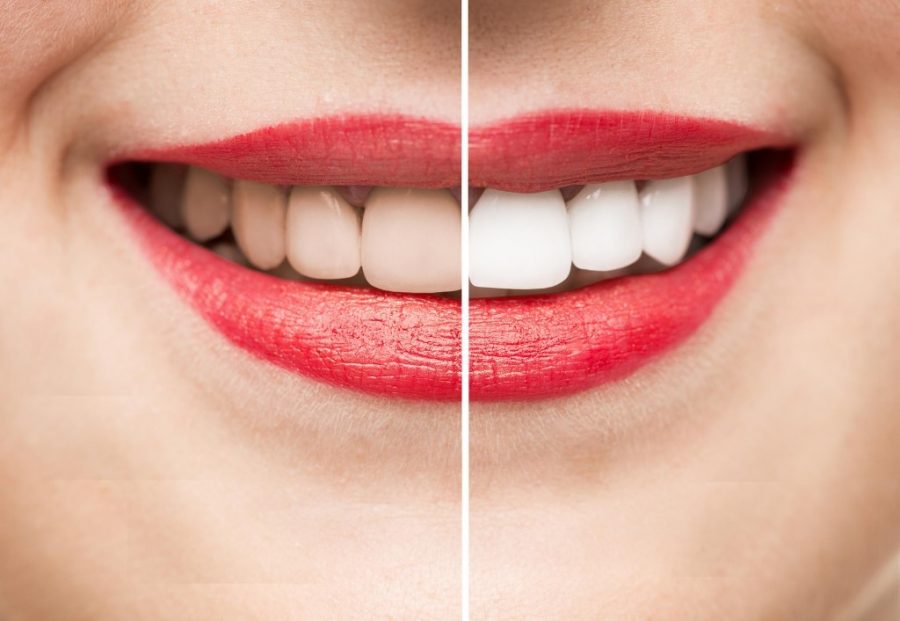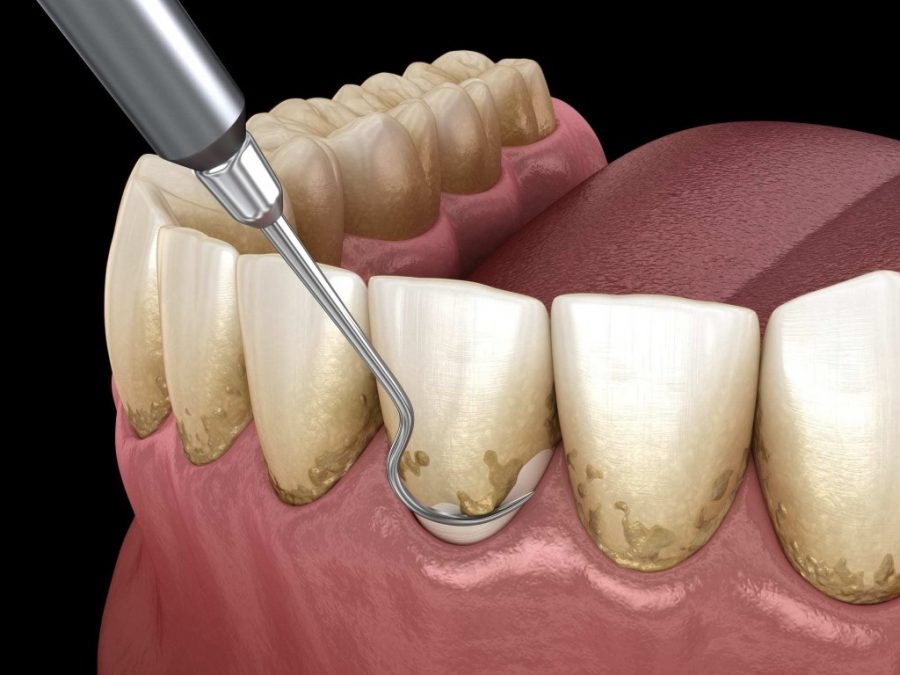Have you ever heard of using vinegar as a natural solution for tartar removal on your teeth? It may sound like an old wives’ tale, but there is some science to back up this claim. Vinegar, specifically apple cider vinegar, contains acetic acid which has been shown to have antibacterial properties and can help break down the build-up of tartar on teeth. Tartar, which is a hardened form of plaque, can lead to tooth decay and gum disease if left untreated. While it’s not a replacement for regular dental cleanings, using vinegar as a natural remedy can help maintain healthy teeth and gums. But how effective is it? In this article, we’ll take a closer look at the science behind vinegar and tartar removal and whether it’s a viable option for your dental hygiene routine.
Understanding Tartar Build-up on Teeth
Before diving into the specifics of vinegar and tartar removal, it’s important to understand what tartar is and how it forms on teeth. Tartar, also known as dental calculus, is a hard, yellowish substance that forms on teeth when plaque is left untreated. Plaque is a sticky film of bacteria that forms on teeth throughout the day. When plaque is not removed through regular brushing and flossing, it can harden into tartar, which cannot be removed by brushing alone.

Tartar build-up can lead to a variety of dental issues, including tooth decay and gum disease. Tartar can irritate the gums, leading to inflammation and bleeding, and can even cause the gums to pull away from the teeth, leading to tooth loss. Tartar can also make it more difficult to clean teeth properly, leading to further build-up and more serious dental problems.
Benefits of Using Vinegar for Tartar Removal
Acetic Acid: Vinegar contains acetic acid, which is a mild acid that can help dissolve tartar buildup on your teeth. Acetic acid can also kill bacteria in your mouth that contribute to the formation of tartar.
Safe and natural: Unlike some commercial tartar removal products, vinegar is a natural and safe option that won’t harm your teeth or gums. It’s also readily available and affordable.
Improves oral hygiene: Using vinegar as a natural mouthwash can also help improve your oral hygiene by reducing the amount of harmful bacteria in your mouth. It can also freshen your breath.

Prevents tooth decay: Vinegar contains small amounts of potassium, which can help prevent tooth decay and promote healthy teeth and gums.
Easy to use: Using vinegar for tartar removal is easy. Simply mix equal parts of white vinegar and water, swish it around your mouth for a few minutes, and then rinse your mouth with water. Do this once or twice a day to see results.
Scientific Studies on Vinegar and Tartar Removal
There have been several scientific studies on the effectiveness of vinegar for tartar removal. Here are some key findings:
A study published in the Journal of Prosthodontics in 2014 found that a solution of 2% white vinegar was effective in removing dental calculus (tartar) from dentures.
Another study published in the Journal of the Indian Society of Periodontology in 2014 found that a mouthwash containing vinegar and baking soda was effective in reducing plaque and gingivitis in people with moderate to severe gum disease.
A 2018 study published in the International Journal of Dentistry found that a vinegar-based oral rinse was effective in reducing the amount of bacteria in the mouth and improving overall oral hygiene.
A 2019 study published in the Journal of the International Society of Preventive and Community Dentistry found that a vinegar-based mouthwash was effective in reducing the amount of plaque and gingivitis in people with mild to moderate gum disease.
How to Use Vinegar for Tartar Removal?
Dilute the vinegar: Mix equal parts of white vinegar and water. Do not use undiluted vinegar as it may damage your tooth enamel.
Swish the solution in your mouth: Take a small sip of the vinegar solution and swish it around your mouth for 30 seconds to 1 minute.
Spit out the solution: Spit out the vinegar solution into the sink.


Rinse your mouth with water: Rinse your mouth thoroughly with water to remove any remaining vinegar solution.
Brush your teeth: Brush your teeth as you normally would to remove any loosened tartar.
Repeat the process: Repeat the process once or twice a day until you notice a reduction in tartar buildup.
Precautions When Using Vinegar on Teeth
While vinegar can be an effective natural remedy for removing tartar, there are some precautions you should take when using vinegar on your teeth:
Dilute the vinegar: Always dilute vinegar with water before using it on your teeth. Using undiluted vinegar can cause damage to your tooth enamel.
Use in moderation: While vinegar can be effective for removing tartar, using it excessively can also damage your tooth enamel. It’s best to use it once or twice a day and to rinse your mouth thoroughly with water afterward.
Don’t use on sensitive teeth: If you have sensitive teeth, using vinegar may cause discomfort or pain. It’s best to avoid using vinegar on sensitive teeth.
Don’t use on damaged teeth: If you have damaged teeth or cavities, vinegar may cause pain or further damage. It’s best to consult with your dentist before using vinegar on damaged teeth.
Don’t use if you have braces: If you have braces or other orthodontic appliances, using vinegar may cause damage to the appliances. It’s best to avoid using vinegar if you have braces.
Consult with your dentist: If you have any concerns about using vinegar for tartar removal, it’s best to consult with your dentist. Your dentist can advise you on the best course of action for your individual needs.
Other Natural Remedies for Tartar Removal
Baking soda: Baking soda is a mild abrasive that can help remove tartar and surface stains from your teeth. Mix a small amount of baking soda with water to create a paste and brush your teeth with it once or twice a week.
Oil pulling: Oil pulling involves swishing a small amount of oil (such as coconut or sesame oil) around your mouth for 10-15 minutes. This can help remove bacteria from your mouth and prevent the buildup of tartar.
Fruits and vegetables: Eating crunchy fruits and vegetables (such as apples and carrots) can help remove surface stains and promote saliva production, which can help wash away bacteria.
Aloe vera: Aloe vera has antibacterial properties that can help prevent the buildup of tartar. Use aloe vera gel as a mouthwash or add it to your toothpaste.
Hydrogen peroxide: Hydrogen peroxide can help whiten teeth and prevent tartar buildup. Mix equal parts hydrogen peroxide and water and use it as a mouthwash once or twice a week
The Importance of Regular Dental Cleanings
Regular dental cleanings are essential for maintaining good oral health. Even with a diligent at-home oral hygiene routine, it’s still important to see your dentist for professional cleanings at least twice a year.
Here are a few reasons why regular dental cleanings are important:
Prevents cavities: During a dental cleaning, your dentist or dental hygienist will remove plaque and tartar from your teeth. This can help prevent cavities and tooth decay.
Prevents gum disease: Tartar buildup can cause gum inflammation and eventually lead to gum disease. Regular dental cleanings can help prevent gum disease and maintain healthy gums.
Early detection of dental issues: During a dental cleaning, your dentist will also examine your teeth and gums for any signs of dental issues such as cavities, gum disease, or oral cancer. Early detection can lead to more effective treatment and better outcomes.


Freshens breath: Professional cleanings can help remove any stubborn bacteria that may be causing bad breath.
Saves money: Preventative dental care, such as regular cleanings, can help prevent more expensive dental procedures in the future.
Dental Products that Prevent Tartar Build-up
There are several dental products that can help prevent tartar build-up and promote good oral health. Here are a few:
Toothbrush: A good toothbrush is an essential tool for maintaining good oral hygiene. Look for a toothbrush with soft bristles and replace it every three to four months.
Toothpaste: There are several toothpaste products that are specifically formulated to help prevent tartar build-up. Look for toothpastes that contain fluoride and tartar control ingredients such as pyrophosphates.
Mouthwash: Mouthwash can help kill bacteria and freshen your breath. Look for a mouthwash that contains fluoride and/or antibacterial ingredients.
Floss: Flossing is essential for removing plaque and food particles from between teeth. Use dental floss at least once a day.
Water flosser: A water flosser is a device that uses a stream of water to clean between teeth and along the gumline. It can be especially helpful for people with braces or other orthodontic appliances.
Conclusion
In conclusion, vinegar can be an effective natural remedy for tartar removal and for maintaining healthy teeth and gums. While there is limited scientific research on the effectiveness of vinegar specifically for tartar removal, the antibacterial properties of acetic acid have been shown to have a positive impact on oral health. However, it’s important to dilute the vinegar with water before using it on teeth and to limit its use to once or twice a week. Additionally, vinegar should never be used as a replacement for regular dental cleanings, which are the most effective way to remove tartar build-up and prevent dental issues. By incorporating natural remedies like vinegar into your dental hygiene routine and regularly visiting a dentist for cleanings, you can maintain healthy teeth and gums for life.
© All rights reserved by Royal Dental Implants Pvt Ltd
Issued in public interest






